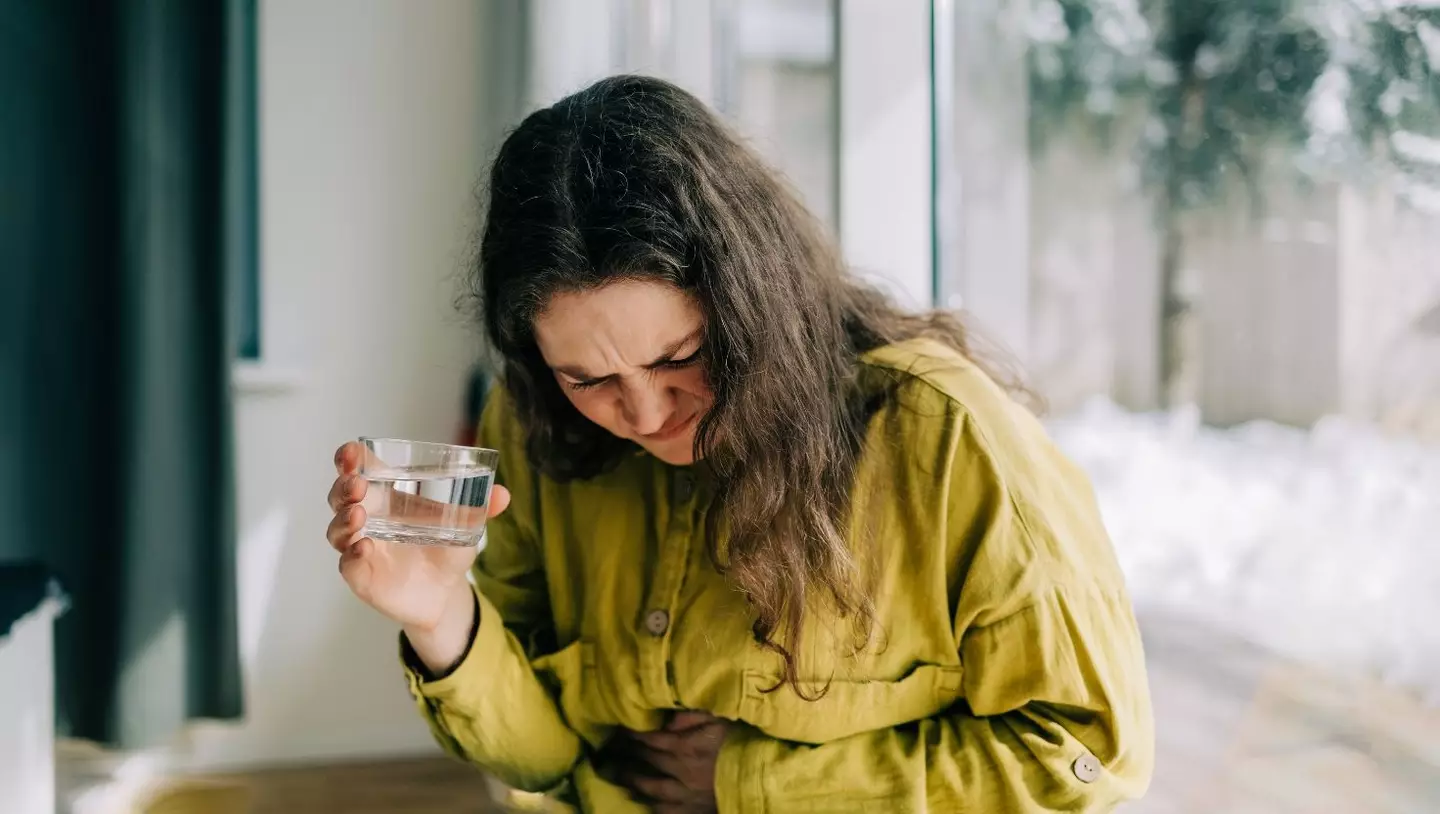A common food poisoning misconception has been debunked by experts - and it may change the way you credit your unfortunate health woe in the future.
The Food Standards Agency (FSA) estimated that around 2.4 million people report foodborne illness in the UK each year.
But did you know your washing machine-like stomach and splitting bad head may not be because of last night’s meal and sweet-treat combo?
Below, we’ve detailed everything you need to know about food poisoning, including how best to avoid the abominable sickness, common symptoms, and what to do if you end up contracting the illness.
What foods cause food poisoning?
The NHS stated that ‘any type of food can cause food poisoning’.
Advert
According to Kimon-Andreas Karatzas, Associate Professor and Co-Director of Postgraduate Research Studies at the University of Reading, Campylobacter - a germ that infects the gut of humans - is the most common form of foodborne illness in the UK.

“On the other hand, while salmonella is the second most common cause, food poisoning from eggs has reduced dramatically as levels of salmonella have almost been eliminated from the British Lion eggs,” he told the BBC.
Other foods commonly associated with food poisoning include shellfish, unpasteurised dairy, vegetables, deli meats, and fruit, according to Healthline.
How quickly can food poisoning start?
Sometimes, we think the illness is directly caused by last night’s impromptu pizza takeaway or a recent meal out with your friends.
But that’s actually a major misconception, and, quite frankly, a myth.
Food poisoning symptoms can actually begin anywhere from 30 minutes after eating contaminated food to three weeks, per experts at Johns Hopkins Medicine.
The length of time varies, depending on the type of bacteria or virus causing the illness.
Salmonella symptoms can appear anywhere from a few hours to a few days, according to the Mayo Clinic.
Meanwhile, people who are infected with Escherichia coli (E. coli) will typically show signs of illness within three to four days of exposure.
Norovirus, often mistaken for the stomach flu, manifests quickly, usually within 12 to 48 hours of infection.
Food poisoning symptoms do usually end within a few days, often clearing up in 24 to 48 hours.
Unfortunately, it can take up to a week for some people to feel better - so be prepared!
Common food poisoning symptoms
Food poisoning affects everyone differently due to genetics, age, stomach acidity, and gut microbiota, stated Dr Tristan Cogan, senior lecturer in infectious disease, Bristol University.
“One person may have been exposed to a bacterium before and have some immunity to it,” he added to the BBC.
Some bacteria are more harmful than others, but some common symptoms sufferers have reported in the past include a sore stomach or stomach cramps, nausea and vomiting, headaches, fever, and belly bloating.
The NHS said food poisoning is ‘rarely’ considered ‘serious’. It usually gets better within a week.
.jpg)
What to do if you get food poisoning?
If you suspect you have food poisoning, it’s advised that you get lots of rest and drink water to prevent dehydration, per NHS Inform.
Try to eat bland foods, like toast, crackers, bananas, and rice, and avoid alcohol, caffeine, fizzy drinks, and spicy foods.
You should see your local health practitioner if you have severe symptoms, including bloody diarrhoea, a high fever, or signs of severe dehydration.
How to avoid food poisoning?
Popular food poisoning prevention methods include trying to keep potentially high-risk foods outside the temperature danger zone and keeping hot and cold products separate.
You should avoid buying any frozen or chilled foods that have been left out of the freezer, and never purchase cracked or dirty eggs.
Avoid getting ill while preparing food by washing your hands in hot, soapy water, and rinsing raw fruits and vegetables before using them.
Store raw and cooked food separately, and cover all food with lids, tin foil, or plastic wrap.

